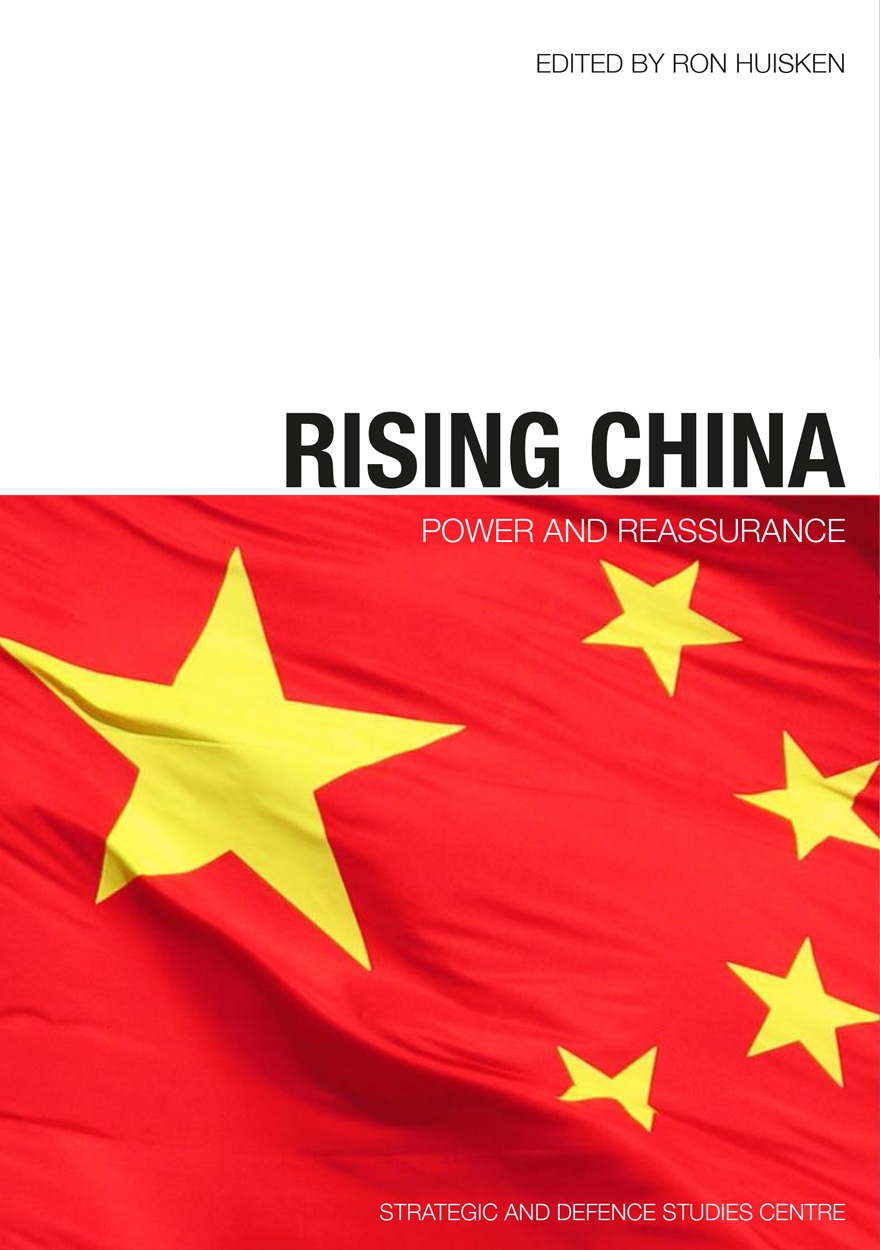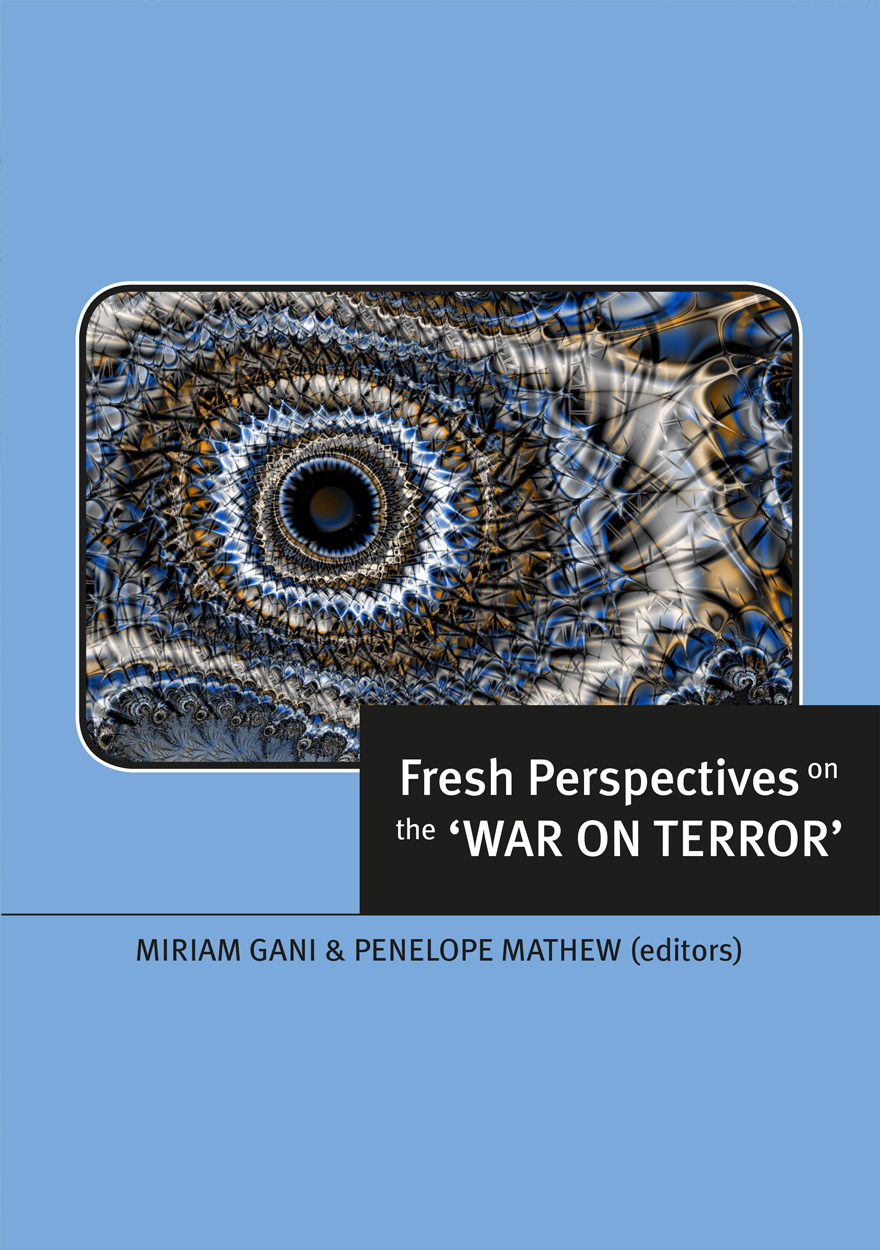Search titles
Displaying results 31 to 40 of 47.

Agenda - A Journal of Policy Analysis and Reform: Volume 17, Number 1, 2010 »
Edited by: William Coleman
Publication date: July 2010
Agenda is a refereed, ECONLIT-indexed and RePEc-listed journal of the College of Business and Economics, The Australian National University. Launched in 1994, Agenda provides a forum for debate on public policy, mainly (but not exclusively) in Australia and New Zealand. It deals largely with economic issues but gives space to social and legal policy and also to the moral and philosophical foundations and implications of policy.
Subscribe to the Agenda Alerting service if you wish to be advised on forthcoming or new issues.
Download for free
Not available for purchase

Education and Ethics in the Life Sciences »
Strengthening the Prohibition of Biological Weapons
Edited by: Brian Rappert
Publication date: June 2010
At the start of the twenty-first century, warnings have been raised in some quarters about how – by intent or by mishap – advances in biotechnology and related fields could aid the spread of disease. Science academics, medical organisations, governments, security analysts, and others are among those that have sought to raise concern.
Education and Ethics in the Life Sciences examines a variety of attempts to bring greater awareness to security concerns associated with the life sciences. It identifies lessons from practical initiatives across a wide range of national contexts as well as more general reflections about education and ethics. The eighteen contributors bring together perspectives from a diverse range of fields – including politics, virology, sociology, ethics, security studies, microbiology, and medicine – as well as their experiences in universities, think tanks and government.
In offering their assessment about what must be done and by whom, each chapter addresses a host of challenging practical and conceptual questions. Education and Ethics in the Life Sciences will be of interest to those planning and undertaking training activities in other areas. In asking how education and ethics are being made to matter in an emerging area of social unease, it will also be of interest to those with more general concerns about professional conduct.

East Asia Forum Quarterly: Volume 2, Number 2, 2010 »
Publication date: May 2010
East Asia Forum Quarterly grew out of East Asia Forum (EAF) online, which has developed a reputation for providing a platform for the best in Asian analysis, research and policy comment on the Asia Pacific region in world affairs. EAFQ aims to provide a further window onto research in the leading research institutes in Asia and to provide expert comment on current developments within the region. The East Asia Forum Quarterly, like East Asia Forum online, is an initiative of the East Asia Forum (EAF) and its host organisation, the East Asian Bureau of Economic Research (EABER) in the Crawford School of Economics and Government in the College of Asia & the Pacific at The Australian National University.
Download for free
Not available for purchase

The Architecture of Security in the Asia-Pacific »
Edited by: Ron Huisken
Publication date: October 2009
We cannot expect in East Asia over the foreseeable future to see the sort of conflation of sovereign states that has occurred in Europe. We must anticipate that, for the foreseeable future, the requirement will be for the sensible management and containment of competitive instincts.
The establishment of a multilateral security body in East Asia that includes all the key players, and which the major powers invest with the authority to tackle the shaping of the regional security order, remains a critical piece of unfinished business.

Agenda - A Journal of Policy Analysis and Reform: Volume 16, Number 2, 2009 »
Edited by: William Coleman
Publication date: June 2009
Agenda is a refereed, ECONLIT-indexed and RePEc-listed journal of the College of Business and Economics, The Australian National University. Launched in 1994, Agenda provides a forum for debate on public policy, mainly (but not exclusively) in Australia and New Zealand. It deals largely with economic issues but gives space to social and legal policy and also to the moral and philosophical foundations and implications of policy.
Subscribe to the Agenda Alerting service if you wish to be advised on forthcoming or new issues.
Download for free
Not available for purchase

Critical Reflections on Australian Public Policy »
Selected Essays
Edited by: John Wanna
Publication date: May 2009
This collection of ‘critical reflections’ on Australian public policy offers a valuable contribution to public discussion of important political and policy issues facing our nation and society. These essays are important not only because of the reputation and position of the various contributors, but because they are incredibly ‘content rich’ and brimming with new ideas.

Rising China »
Power and Reassurance
Edited by: Ron Huisken
Publication date: March 2009
Asia looks and feels very different now compared to the days of the Cold War. The sense that Asia now works differently can be traced to a single source – the re-emergence of China. China was the dominant power in greater Asia for most of recorded history. This historical norm was interrupted from the early 19th century, too far into the past to be recognisable and readily accommodated by the actors in today’s international arena. A powerful China feels new and unfamiliar.
Arriving peacefully at mutually acceptable relationships of power and influence that are very different from those that have prevailed for the past half century will be a demanding process. The world’s track record on challenges of this kind is not terrific. It will call for statesmanship of a consistently high order from all the major players, and building the strongest possible confidence among these players that there are no hidden agendas.

Agenda - A Journal of Policy Analysis and Reform: Volume 15, Number 4, 2008 »
Authored by: William Coleman, Alex Robson
Publication date: December 2008
Agenda is a refereed, ECONLIT-indexed and RePEc-listed journal of the College of Business and Economics, The Australian National University. Launched in 1994, Agenda provides a forum for debate on public policy, mainly (but not exclusively) in Australia and New Zealand. It deals largely with economic issues but gives space to social and legal policy and also to the moral and philosophical foundations and implications of policy.
Subscribe to the Agenda Alerting service if you wish to be advised on forthcoming or new issues.
Download for free
Not available for purchase

Collaborative Governance »
A new era of public policy in Australia?
Edited by: Janine O'Flynn, John Wanna
Publication date: December 2008
Collaboration has emerged as a central concept in public policy circles in Australia and a panacea to the complex challenges facing Australia. But is this really the cure-all it seems to be? In this edited collection we present scholarly and practitioner perspectives on the drivers, challenges, prospects and promise of collaboration. The papers, first presented at the 2007 ANZSOG Conference, draw on the extensive experience of the contributors in either trying to enact collaboration, or studying the processes of this phenomenon. Together the collection provides important insights into the potential of collaboration, but also the fiercely stubborn barriers to adopting more collaborative approaches to policy and implementation.
The collection includes chapter from public servants, third sector managers, and both Australian and international academics which together make it a stimulating read for those working with or within government. It adds considerably to the debate about how to address current challenges of public policy and provides a significant resource for those interested in the realities of collaborative governance.

Fresh Perspectives on the "War on Terror" »
Edited by: Miriam Gani, Penelope Mathew
Publication date: July 2008
On 20 September 2001, in an address to a Joint Session of Congress and the American people, President George W Bush declared a ‘war on terror’. The concept of the ‘war on terror’ has proven to be both an attractive and a potent rhetorical device. It has been adopted and elaborated upon by political leaders around the world, particularly in the context of military action in Afghanistan and Iraq. But use of the rhetoric has not been confined to the military context. The ‘war on terror’ is a domestic one, also, and the phrase has been used to account for broad criminal legislation, sweeping agency powers and potential human rights abuses throughout much of the world.
This collection seeks both to draw on and to engage critically with the metaphor of war in the context of terrorism. It brings together a group of experts from Australia, Canada, the United Kingdom, France and Germany who write about terrorism from a variety of disciplinary perspectives including international law and international relations, public and constitutional law, criminal law and criminology, legal theory, and psychology and law.



